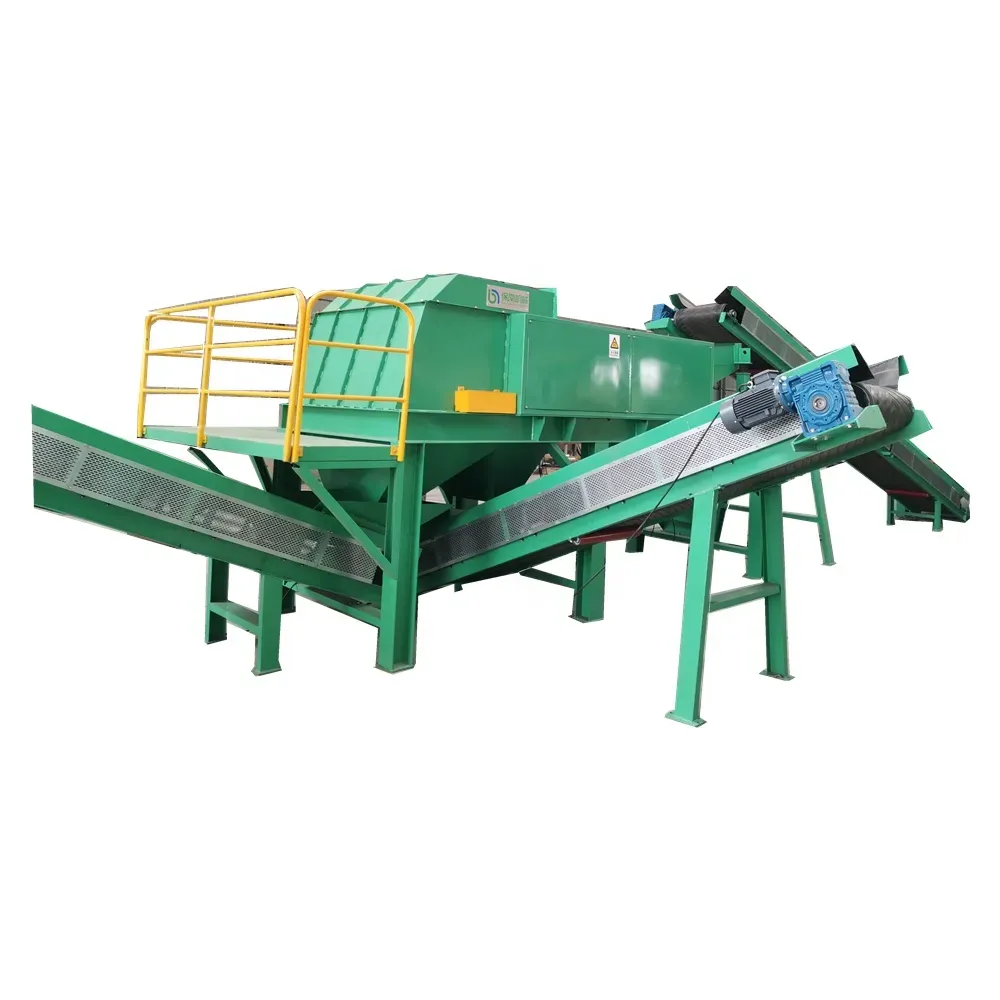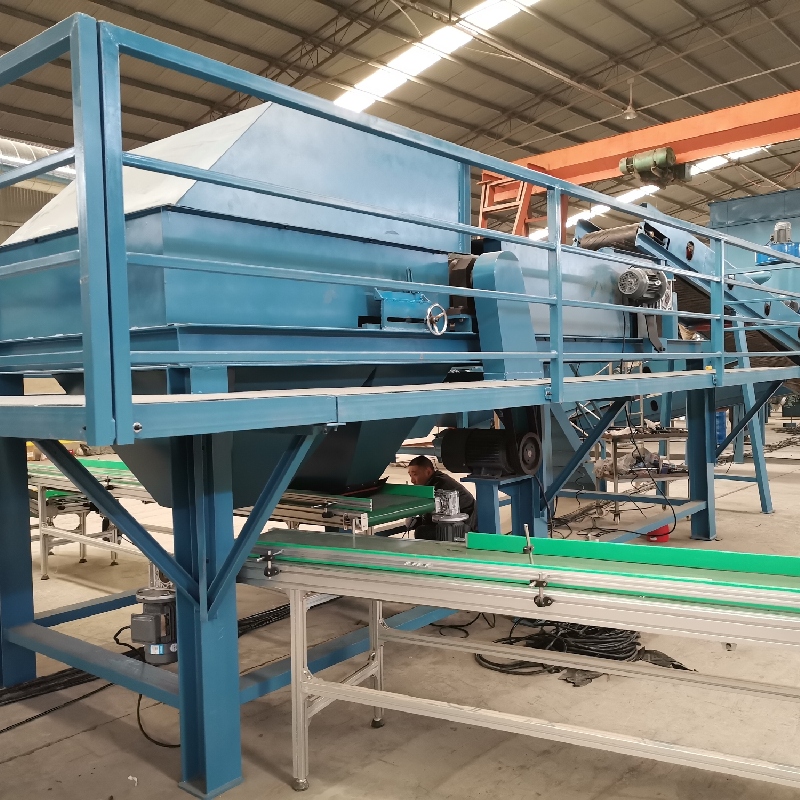Disposing of old TVs is a task many people find themselves grappling with, especially as technology evolves and newer models enter the market. Each step involved in the disposal process offers opportunities for eco-friendly choices and compliance with local regulations. In this guide, we’ll walk through a structured, innovative approach to recycling or disposing of old TVs effectively.

Begin by understanding the environmental implications of improper disposal. TVs, particularly older models, contain hazardous materials like lead, mercury, and cadmium in their internal components. These substances pose significant risks to soil, water, and general public health if they end up in landfills. Therefore, committing to responsible disposal isn't just a legal requirement in many areas, but an ethical one.
Start your TV disposal journey by evaluating its functionality. If the TV is still operational, consider alternatives to disposal. Donating is a popular choice; many schools, community centers, and charities welcome functioning electronics. Platforms such as Freecycle or local online community groups can connect you with individuals in need of a TV. Additionally, considering resale options on websites like eBay or Craigslist might surprise you with a buyer interested in a vintage television model for a fraction of the price.

For TVs that are beyond repair or no longer functional, recycling is the most sustainable option. Research community e-waste recycling programs or events; municipalities frequently host electronics recycling days. Explore specialty e-recycling companies that adhere to environmentally-friendly practices and certifications, such as e-Stewards or R2. These recyclers responsibly handle hazardous components and recover valuable materials like copper, aluminum, and plastics.
how do you dispose of old tvs
Manufacturer take-back programs offer another trusted avenue for TV disposal. Many leading electronics manufacturers have robust recycling initiatives to retrieve outdated models. Visit the brand’s official website to explore options such as mailing in the TV or dropping it off at specified locations. This direct approach ensures compliance with proper recycling practices, as manufacturers are directly involved in the process.
Ensure you check and follow local regulations and guidelines before disposal. Different regions have specific rules regarding electronics waste due to its complex composition. Local government websites or environmental protection agencies provide resources and directives for e-waste handling. Complying with these regulations not only prevents potential fines but also supports broader environmental protection efforts.
For those preferring a hassle-free route, engaging with professional junk removal services is an option. Many waste management companies offer specialized e-waste services that include pickup and delivery to appropriate recycling facilities. Ensure the chosen service is reputed and transparent about their disposal methods to maintain environmental and ethical standards.
In conclusion, disposing of an old TV requires a mix of awareness, research, and proactive steps. By exploring avenues like donation, resale, manufacturer programs, or e-recycling companies, individuals can make informed decisions beneficial for themselves and the planet. Always prioritize environmental sustainability and compliance with local disposal regulations, transforming a routine task into a responsible commitment to a cleaner, safer world.



